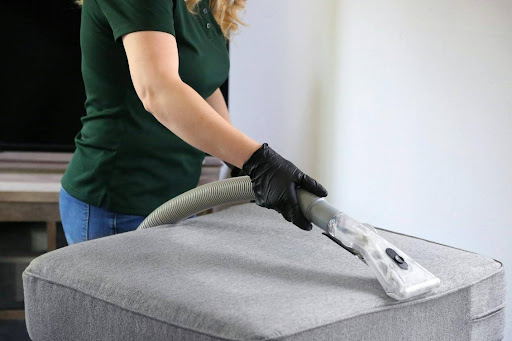
No matter what sector your business operates in, finding the best way of managing your waste is crucial to disposing of it safely and within regulations. And if you’re an owner of a new business or looking to streamline your waste management, you might be looking for which solution best suits your company’s needs.
Scott Hawthorne, Found Director at Skips & Bins, a leading supplier of 240-litre bins, has emphasised the importance of having an appropriate waste management strategy in place: “There are plenty of businesses across multiple sectors that aren’t aware of how best to manage the waste they generate. We want to help demystify how to choose the best way to manage what is generated so you’re not harming the environment or your business’ image.”
They’ve offered this expert guide on choosing the most efficient waste management solution for your business so you can ensure you’re being responsible with your business’ waste.
The waste you produce – understanding your output
Before you start investing time and money into your chosen solution, you should first explore exactly what your needs are. The amount of waste you generate and the type of materials that become waste varies across industries, so make sure you have an audit process in place to assess your output before deciding on your waste solution.
An example is that restaurants and cafes’ waste will accumulate as food scraps and packaging like plastic film and cartons, while construction companies will produce many kinds of waste, such as debris from concrete and wood materials. The amount you produce will influence the size of waste management you select, as well as the type you decide.
A wide variety of waste management
Once you’ve audited your waste output, you can move on to deciding the management solution to best deal with what you generate.
- Standalone bins – If you have a brick-and-mortar location or if your business is of a smaller size, standard bins could be sufficient for your needs.
- Skips – As your business gets bigger, your standard bins will need to be emptied somewhere and disposed of. That’s why skips are often opted for, as you can choose from different sizes so you can scale with what you generate.
- Recycling – This is especially important if your business generates a large amount of recyclable materials, especially with government net zero targets, which may affect your sector. Having a designated recycling program with recycling bins can make a huge difference in responsibly disposing of your waste.
- Compactors – If your business produces overwhelming quantities of waste, compactors are a great solution as they crush it to reduce the space required. This leaves more storage space for even more waste and means less need for frequent pickups.
- Heavy duty roll-off skip – these skips are the best solution for construction and industrial sectors as they’re built to withstand the materials needed to be stored and transported. Much like regular skips, these can be scaled to your needs and transported with relative ease.
- Purpose-built hazard containers – some sectors will need to dispose of hazardous waste, like chemical and medical waste, that can affect the health of the environment and the community around your business. Specialised containers that can safely store the waste are crucial for this output type.
Waste liability
Once you’ve chosen your solution or solutions to best manage your waste, it’s important to know how liable your business is for the waste you generate. Not only does improper disposal damage your company’s reputation and affect your environment and community, but it can also have extreme legal consequences.
The UK government outlines the duty of care businesses have for the production, carrying, keeping, and disposal of waste in England and Wales, available on its website. It’s important to note that if you fail to comply, prosecution can be as much as a £50,000 fine and up to 12 months imprisonment, which should emphasise the importance of keeping on top of your waste management.
The kinds of waste your business produces will also have strict regulations around their management and disposal. Hazardous waste, for example, must be produced and handled without causing harm or damage to the surrounding environment or community, according to the UK government.
This should also inspire businesses to want to reduce waste at the source of its creation. This can be done by incorporating waste reduction into everyday practices, as well as moving towards greener practices for long-term benefits. Investing more heavily in packaging recyclable materials or using more organic materials to produce less landfill waste can help build your company towards a greener future.































